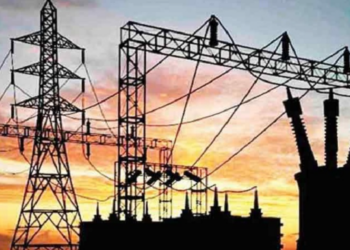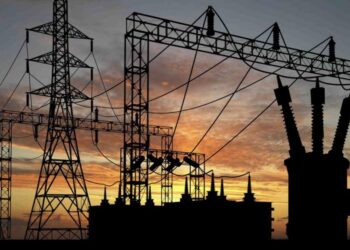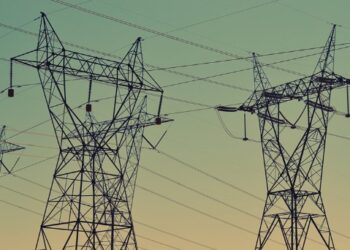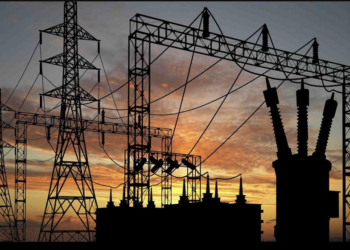In what we can describe as another display of the pitiful state of the nation’s power sector, news reports revealed that the national grid collapsed once again yesterday, causing a blackout across the country.
The power sector has been in the spotlight in recent weeks, as major cities across the country have witnessed worse-than-usual levels of power supply. More worrisome is the continuous shift of blame among the players in the industry, buttressing the fact that the challenges in the nation’s power sector cut across the entire value chain.
Specifically, the grids are currently under the management and control of the Transmission Company of Nigeria (TCN) which remains the only segment of the power value chain that is owned by the Federal Government since the privatisation of the sector in 2013. Since the privatisation, the power sector has recorded c.133 instances of the collapsed power grid. The management of TCN has, at various times, clamoured for reserves to cushion or perhaps forestall the occurrence of these events.
TCN oversees transmission—wheeling power around the grid and installing transmission lines. One of the main reasons the FGN privatised the sector was because NEPA/PHCN had not kept up with investing in the electricity transmission infrastructure — the critical link between generating and supplying electricity to the end-user. Our concern here is that the NEPA/PHCN pattern of non-performance has continued to date.
In a recent statement disclosed by the Minister of Power, Abubakar Aliyu, Nigeria has 18,000 megawatts of installed electricity-production capacity, only 8,000 megawatts are being dispatched to the grid daily, in part because of dilapidated transmission infrastructure. Of the 8,000 megawatts, even less is being distributed considering the aggregate technical, commercial and collection loss and many times, the inability of the discos to take on the power. Although the privatisation of the power sector was done with extreme care, there remain a few sticking points such as inadequate gas supply to power plants, aged transmission infrastructure, non-cost reflective tariffs which continue to hinder stable power supply.
The complex nature of the challenges within the power sector remains a red flag for investments in the sector. Transmission is a critical aspect of the power value chain and, at this point, should require urgent attention. The inability to transmit the electricity produced by the Gencos to the Discos puts the entire system to a complete halt. Electricity can not be stored, so that which is not transmitted will be stranded due to lack of evacuation capacity. Besides, among other things that Nigeria can learn in the ongoing invasion of Ukraine by Russia is the uninterrupted power supply in the country amid chaos, showing that the country’s power sector needs to develop as with what is obtained in developed climes.
CSL Stockbrokers Limited, Lagos (CSLS) is a wholly owned subsidiary of FCMB Group Plc and is regulated by the Securities and Exchange Commission, Nigeria. CSLS is a member of the Nigerian Stock Exchange.






















